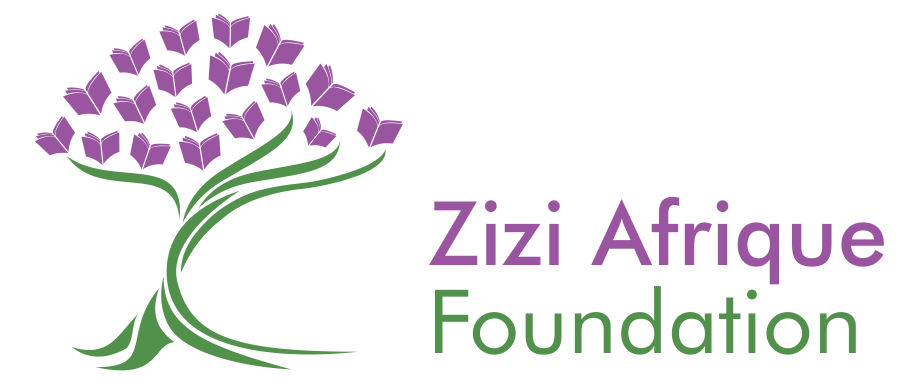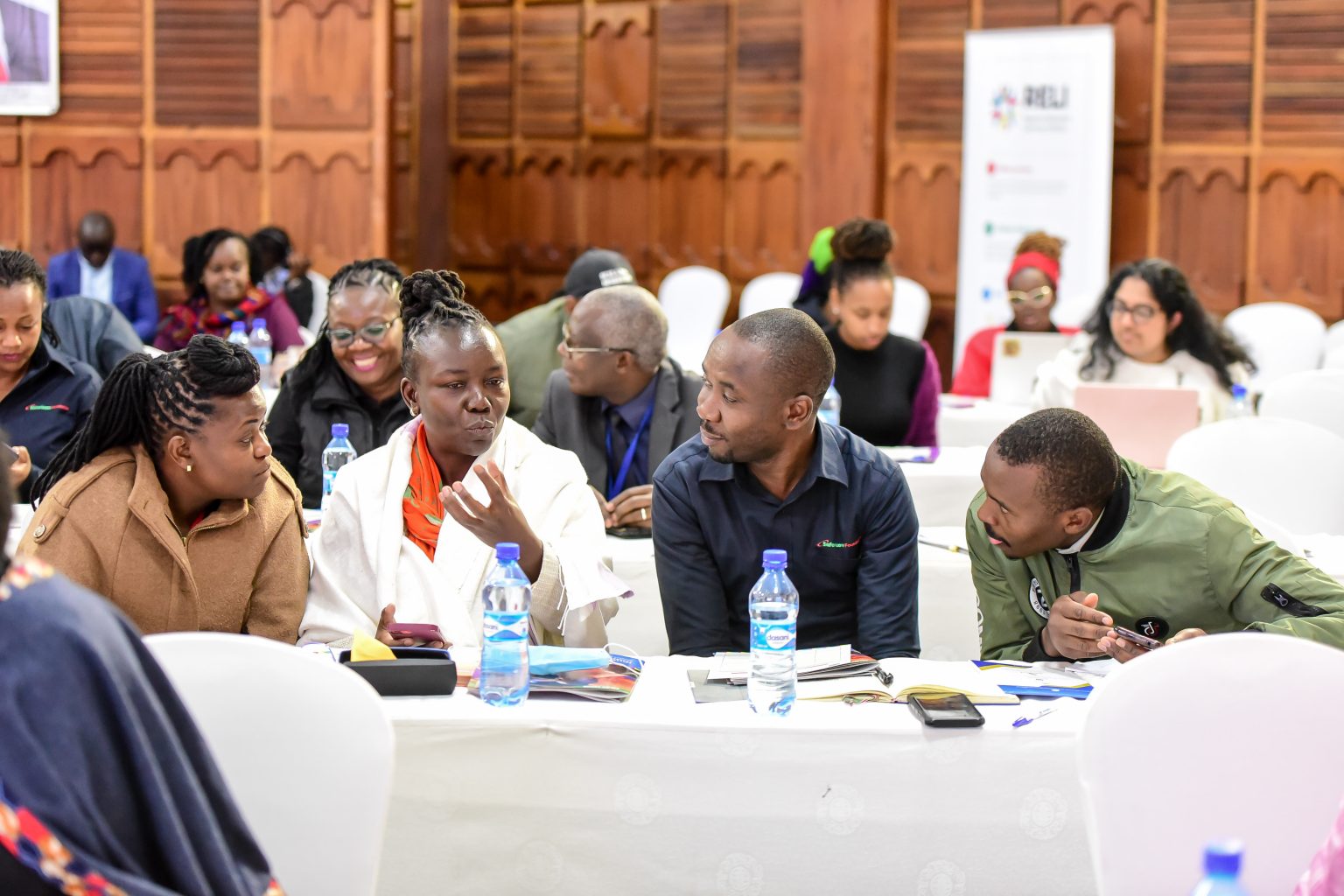Kenya’s education system is undergoing a critical transformation to ensure that every child, regardless of his/her socio-economic background, has equitable access to quality education. The Presidential Working Party on Education Reform (PWPER) report, crafted through extensive consultations with stakeholders nationwide, reflects the government’s commitment to addressing disparities in the education sector through collaboration and partnership. At the heart of this transformation are key reforms focused on inclusivity and equality, designed to dismantle the barriers that have historically marginalized certain groups. These efforts are vital not only for realizing individual potential but also for the sustainable development of our nation.
Zizi Afrique Foundation’s Working with Partners to Influence Policy and Practice in Education
Zizi Afrique Foundation (ZAF) has been playing and continues to play a pivotal role in supporting the Ministry of Education (MoE) in shaping policy and improving the implementation of education strategies outlined in PWPER. ZAF is strategically influencing policy and practice in the education sector through different initiatives and programs to ensure that there is a systemic shift and creating avenues for co-impact in the sector.
Through advocacy and policy support, ZAF has been leveraging its technical expertise and networks to advocate for the adoption and implementation of the PWPER recommendations that are aligned with ZAF vision and mission at both national and county levels. By working closely with the MoE, ZAF has helped in shaping policies like (PLUS) through evidence generation, ensuring that they meet the needs of diverse learners, particularly those in marginalized communities and learners far left behind.
In collaboration with the MoE, ZAF is supporting the process of designing and delivering a responsive Teacher Education and Training Policy that focuses on CBC and inclusive education practices. Retooling of teacher educators has been taking place in different Teacher Training Colleges through the Alive program, this is to ensure that Teacher educators are well-prepared to guide and equip teacher trainees to implement the CBC and include life skills and values in early years of education, middle years of education and Junior School by providing quality teacher education. Additionally, ZAF is on a constant trail of capacity building for teacher educators in Machakos and Eregi TTC and rewiring school leaders in data-driven decision-making, resource management, and fostering inclusive friendly learning environments.
ZAF is also partnering with the MoE to pilot innovative education programs aligned with the PWPER’s recommendations by establishing robust assessment, monitoring and evaluation frameworks for education programs. ZAF has been providing feedback to MoE through multi-stakeholder validation workshops to ensure that the reforms achieve the intended outcomes and make real-time adjustments where necessary.
Engaging communities, parents, and local leaders in the reform process has been crucial for any successful initiative. ZAF is building a community buy-in by fostering a shared understanding of the reforms and the benefits to communities. Additionally, ZAF is facilitating partnerships with the MoE, civil society organizations, private sector actors, and international donors to provide the resources and support needed to implement the reforms.
ZAF is working closely with the MoE in mobilizing financial and technical resources to support the implementation of initiatives recommended in PWPER. This includes advocating for increased government funding for education and seeking support from development partners and donors like ZAF. This has ensured efficient resource allocation, particularly to schools in marginalized regions like Sololo in Marsabit county and Cheptais in Bungoma county that ZAF has made inroads and brought out the desired impact.
Through ZAF work action research has been undertaken in various regions in Kenya to explore new approaches and innovations in education that align with the PWPER’s goals. ZAFs approach in sharing findings with the MoE have contributed to co-creation approaches to addressing barriers and building on existing opportunities to improve education policy and practice. Furthermore, ZAF has supported the MoE in integrating ICT into the education ecosystem by supporting education officers in Sololo sub-county, developing life skills and values e-assessment tools, digital learning resources, piloting e-tools in school evaluations and promoting the use of technology in classrooms.
In conclusion, Zizi Afrique Foundation’s partnership with the Ministry of Education in implementing the PWPER and the National Education Sector Strategic Plan (NESSP) is significantly enhanced the impacting on Kenya’s education ecosystem. Through advocacy, co-creation, capacity building, community engagement, resource mobilization, and innovation, ZAF is at the forefront to ensure that the desired educational reforms and systemic shifts lead to a more inclusive, equitable, and high-quality education in Kenya. This partnership has not only accelerated the implementation process of CBC but also ensures that education policies are evidence-based informed, responsive and rooted to learner centered needs for better learning outcomes.





